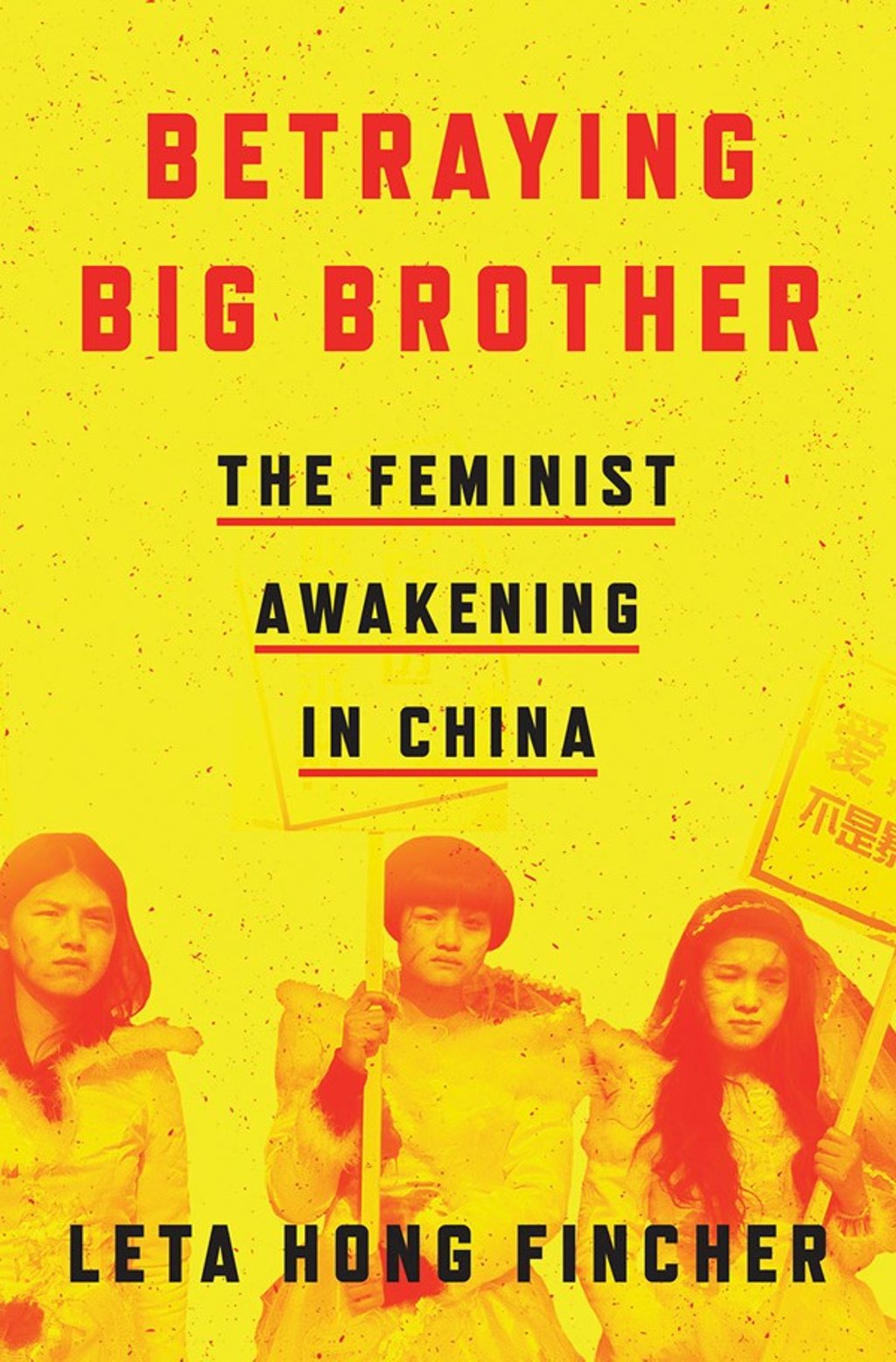Review | The rise of China’s feminists: will activists spark social change, or burn out, asks writer
Author Leta Hong Fincher considers whether China’s Feminist Five will be remembered as icons who advanced society or mere footnotes in a patriarchal state’s history

Betraying Big Brother: The Feminist Awakening in China
by Leta Hong Fincher
Verso Books
The reach of Betraying Big Brother: The Feminist Awakening in China goes far beyond its main story, of a determined group of feminist activists.

Betraying Big Brother begins in March 2015, with five young women preparing to mark International Women’s Day by handing out stickers to passengers on public transport. The colourful, cartoony stickers urge women to scream if they are sexually harassed, and encourage police to chase down the perpetrators.
The women would likely have faded into obscurity among the throngs of people handing out fliers at public transport hubs. But a crackdown, launched before they could act, saw officers visit one of the women’s homes and arrest her. Police cars, sirens wailing, raced to an airport and officers detained a young mother. The resulting spark – the month-long jailing of the women – turned into a social-media wildfire.
They were branded the “Feminist Five” and the crackdown led to protests worldwide. The action, just as President Xi Jinping was planning to co-host a United Nations summit on women’s rights, was criticised by the diplomatic community. Thirty-seven days later, the women were released.